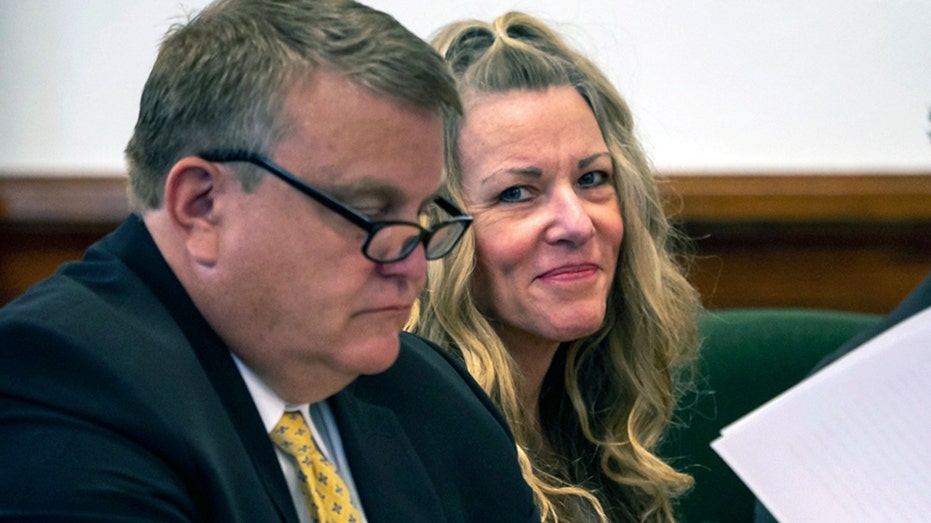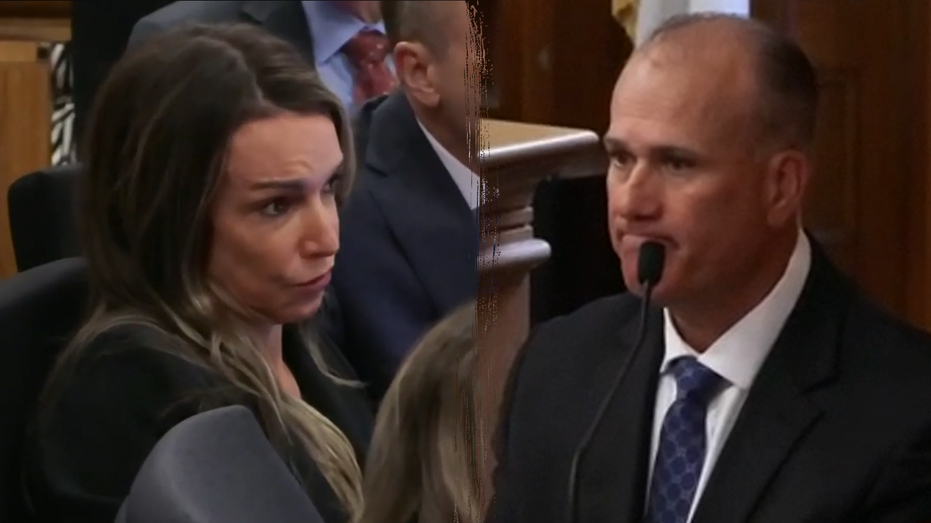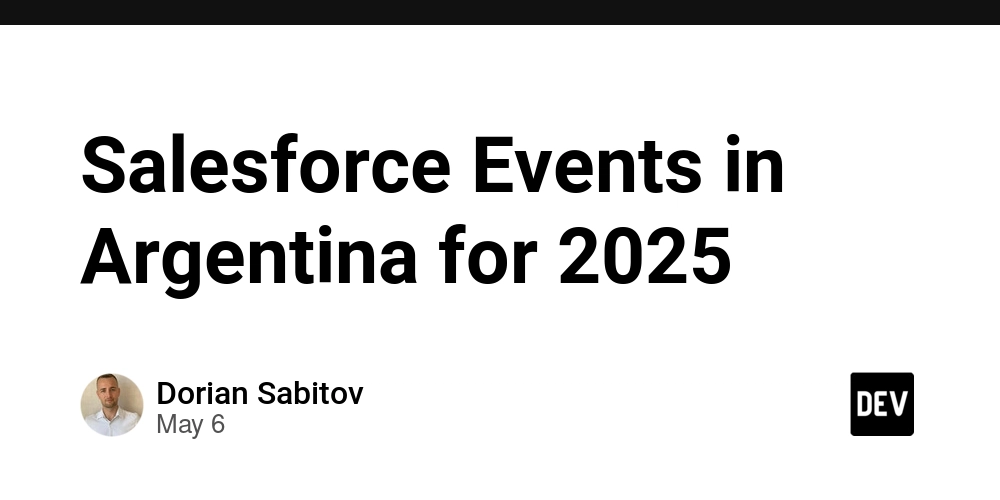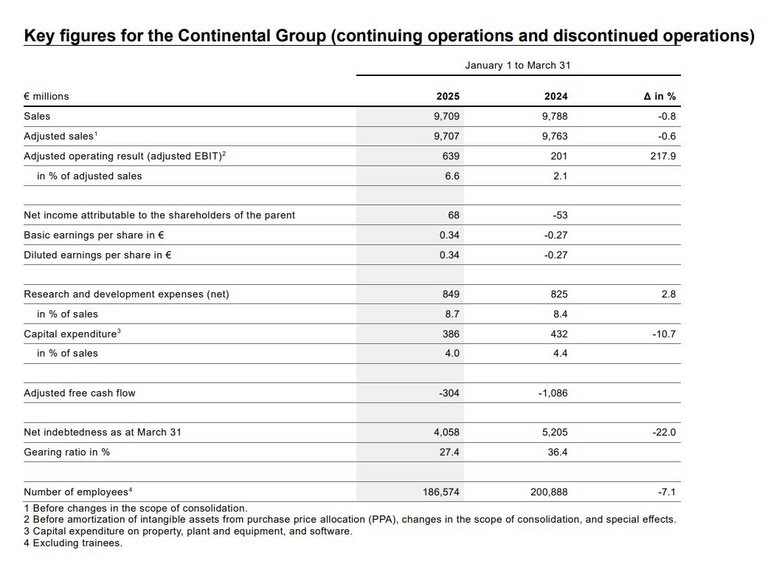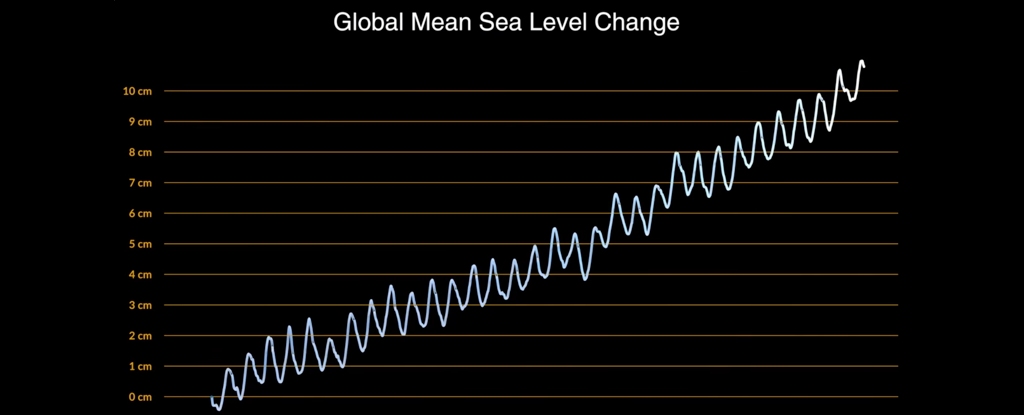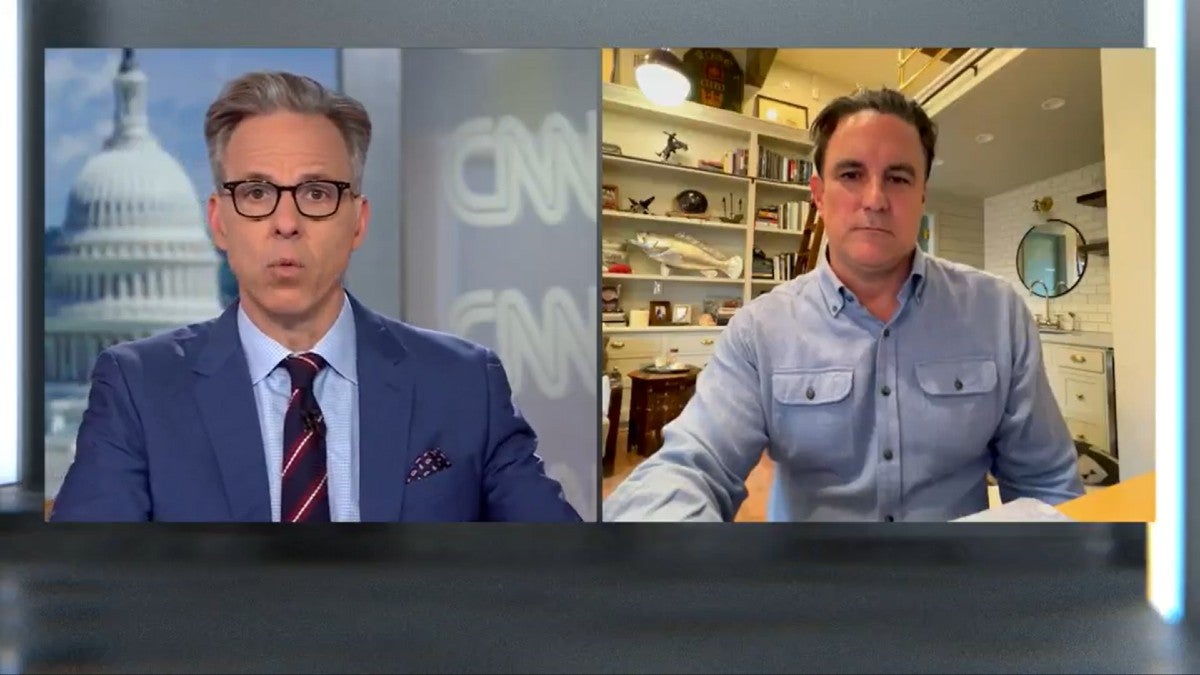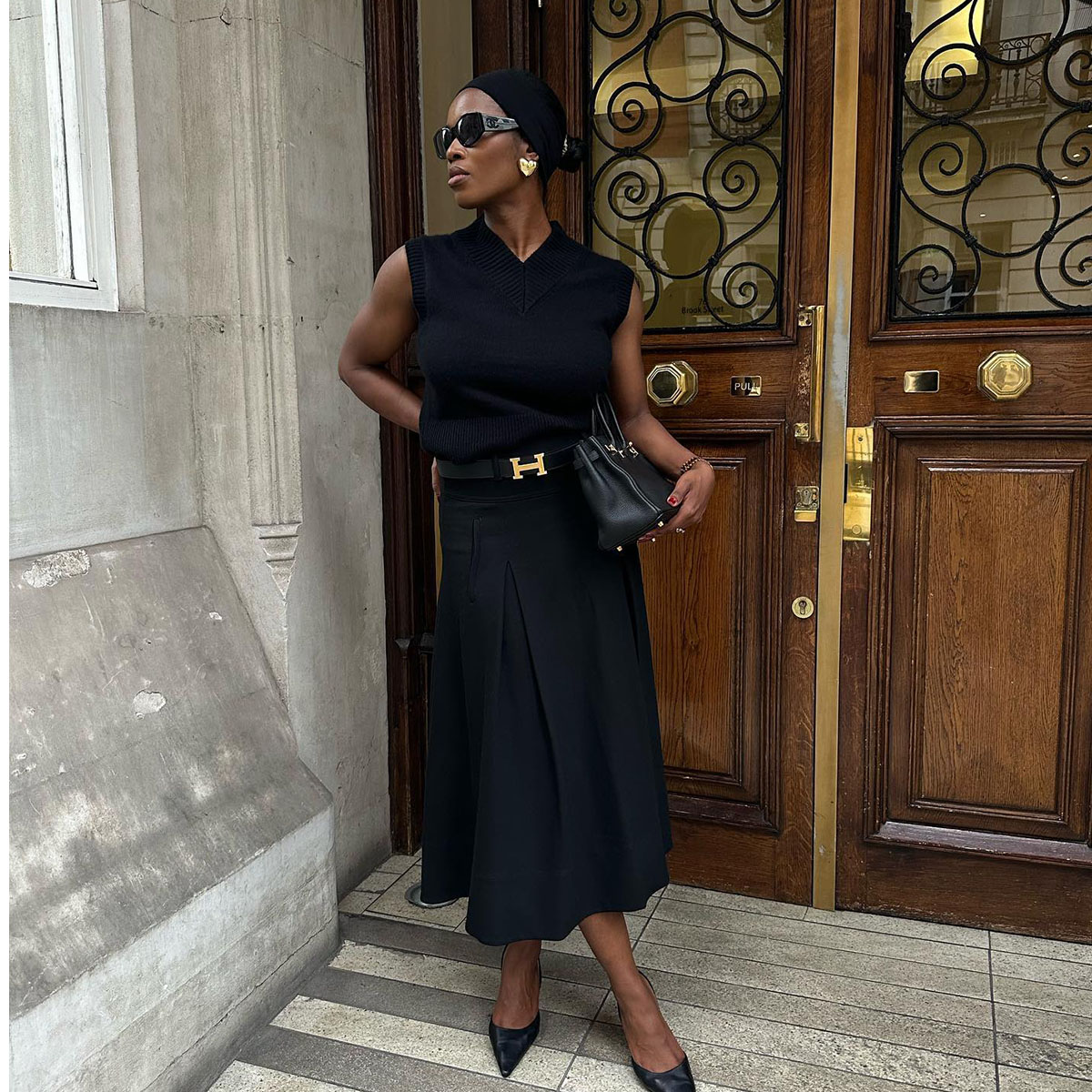OpenAI’s big reversal on its planned restructuring may replace one problem for another
OpenAI has dropped a plan to turn itself into a fully for-profit company. But the about-face raises a lot more questions.
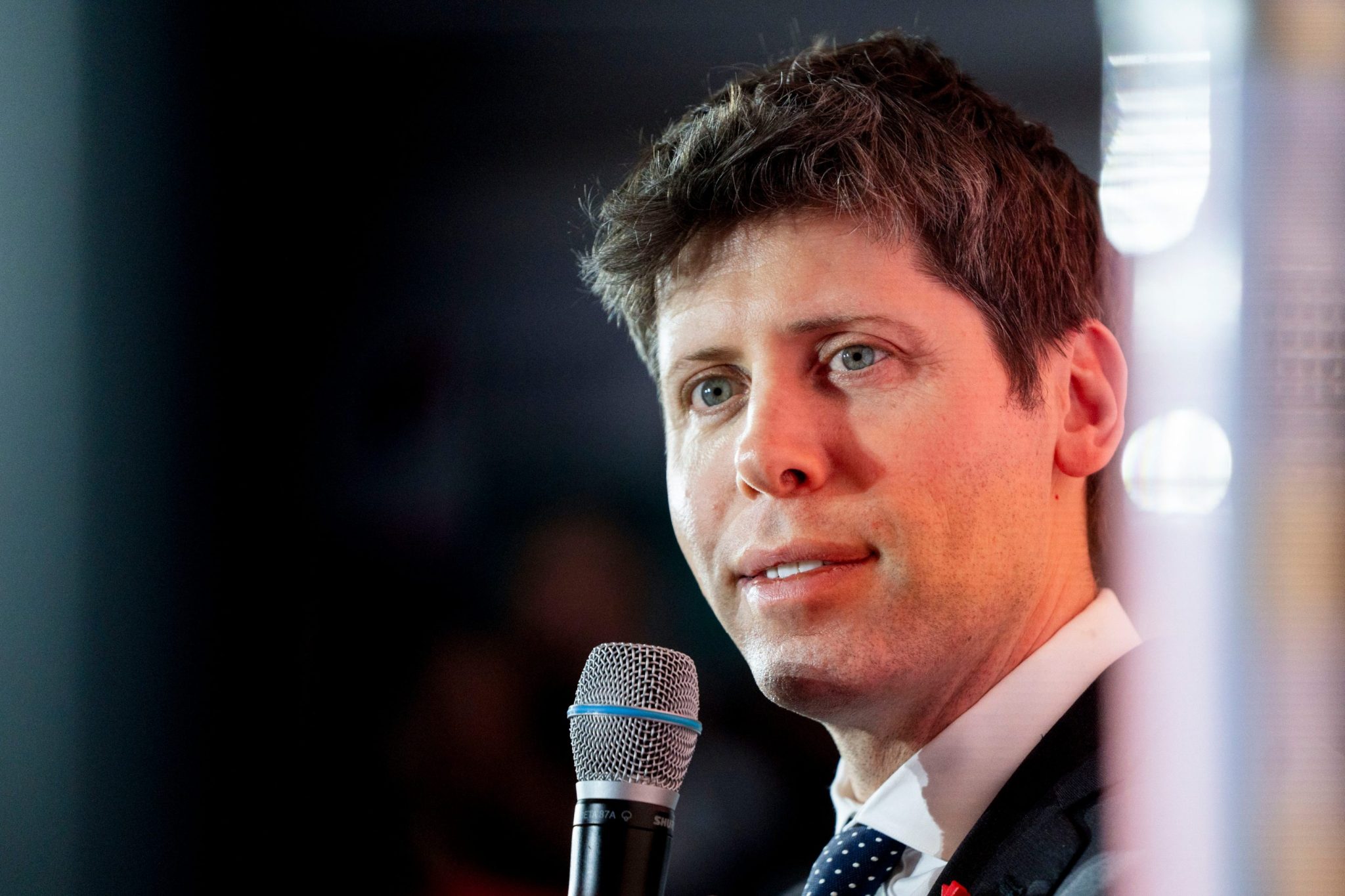
Sam Altman and OpenAI did something unusual on Monday: They backed down.
The plan to spin out OpenAI, the $300 billion maker of ChatGPT, into an independent, for-profit company was scrapped.
To call the move an about-face is an understatement. OpenAI had been pursuing this corporate restructuring for more than a year, first quietly, and then—as details leaked—in the public eye.
The public arena brought lots of critics, from regulators and AI safety advocates to competitors—all of whom objected to OpenAI detaching from its non-profit parent company. Elon Musk went so far as to file a lawsuit against the business revamp.
By abandoning its plan, OpenAI intended to throw all these monkeys off of its back. (The company cited consultations with the California and Delaware attorneys general for its decision, though Altman reportedly told reporters on a conference call that Musk’s lawsuit had nothing to do with the change. Sure). But the company may really have simply replaced these monkeys for another set of furry creatures. That’s because, behind all the corporate lingo and big pronouncements of Monday’s announcement, there are still many thorny questions about what this actually means.
OpenAI is controlled by a non-profit with a mission of ensuring that AI benefits all of humanity. ChatGPT, OpenAI’s flagship service, is a commercial product with a goal of making money. The inherent conflict of interest between those two goals is what led to the original plan to make a clean break between the two entities.
The new approach, which will make OpenAI’s for-profit group a public benefit corporation, simply pushes the problem out of sight, leaving it to fester until the next crisis. Will the non-profit be able to exercise any meaningful control over the public benefit corporation’s day-to-day activities? The non-profit has announced a set of philanthropic advisors, but will they have any actual veto power over OpenAI’s plans, or will they be more like Meta’s infamously impotent “oversight board?”
And what kind of mechanisms are there, if any, to ensure the non-profit’s long-term control over the public benefit corporation? Altman acknowledged the massive costs of OpenAI’s long-term goal of creating AGI—trillions of dollars, he said. The investors who pump in that money will presumably want to take equity in the company. Does the non-profit have supervoting shares, or could new investors dilute its stake and its control? Altman reportedly said on Monday that a $40 million funding deal with Softbank remains on track, even though the deal initially stipulated that OpenAI need to convert to a fully for-profit corporation. But OpenAI needs a lot more investors.
And finally, there’s Musk himself—the OpenAI cofounder turned rival. Musk, who invested $100 million in OpenAI in its early days, has not only sued OpenAI, but he has also made an unsolicited bid to buy the company for $97.4 billion. Altman tersely rejected that deal earlier this year. Will Musk drop his lawsuit? Or make another run at acquiring the company (assuming the bid was ever serious)? As of Monday evening, Musk had also done something unusual: He hadn’t posted anything on X about the OpenAI news.
This story was originally featured on Fortune.com
